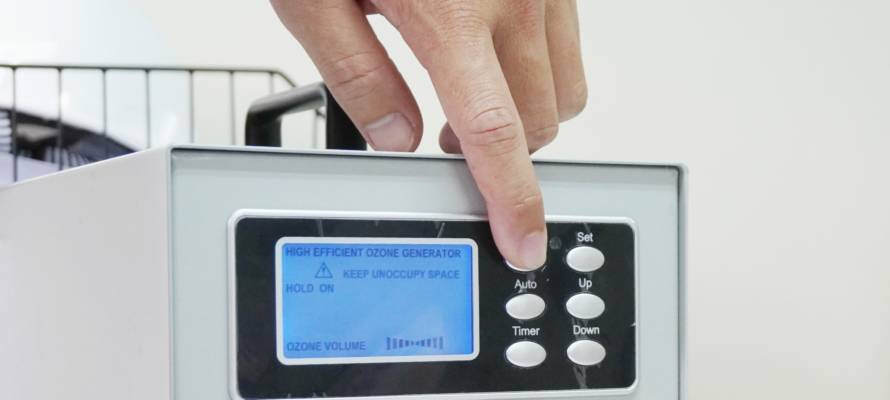Long recognized as a disinfectant for microorganisms in the air and for purifying water, it’s now known that ozone also kills the coronavirus.
By Yakir Benzion, United With Israel
Israeli researchers have proved that ozone is effective in disinfecting coronavirus in the air, a team from three academic institutions announced Wednesday.
Most people associate ozone with the blocking of harmful solar radiation and the previous environmental threat to the earth’s ozone layer. However, it has long been known that ozone kills microorganisms in the air and water, and many municipal drinking water systems around the world use ozone instead of chlorine to kill bacteria.
The research team from Tel Aviv University, Bar Ilan University and Azrieli College in Jerusalem found it is possible to destroy coronavirus within minutes using gaseous ozone, which can be produced synthetically indoors.
The advantage of gaseous ozone over liquid disinfectants is its ability to treat entire rooms, including all objects found in it and hard-to-reach locations.
“For the first time, we have managed to prove that it is highly efficient in combating coronavirus”, said Dr. Ines Zucker from the TAU School of Mechanical Engineering.
“Its advantage over common disinfectants such as alcohol and bleach is its ability to disinfect objects and aerosols within a room, and not just exposed surfaces, rapidly and with no danger to public health,” said Dr. Zucker.
In the past year, studies showed that the SARS-CoV-2 virus remains active on aerosols – tiny droplets floating in the air – and surfaces for several hours or several days, depending on the nature of the surface and the environmental conditions.
Ozone was shown to effectively sanitize surfaces against coronavirus after short exposure to low concentrations of ozone. The researchers published their preliminary findings in the academic journal Environmental Chemistry Letters.
The study demonstrated a high level of disinfection within minutes, even on surfaces not typically disinfected with manually applied liquid disinfectants.
Dr Zucker said the method involves inexpensive and readily available technology, which can be utilized to disinfect hospitals, schools, hotels, and even aircraft and entertainment halls.
“We eventually showed that ozone can penetrate every part of a room, suggesting ozone gas as an effective disinfectant for SARS-CoV-2 with high potential to overcome the low accessibility of commonly applied liquid disinfectants,” the study concluded.
